China’s government has intensified its criticism of manufacturers and local authorities for promoting overproduction and excessive price competition, attributing these practices to ongoing deflationary pressures. Producer prices have been declining since September 2022, marking one of the longest periods of factory price deflation in decades. President Xi Jinping and other officials have expressed concern over “involution”—destructive price wars driven by overcapacity and weak domestic demand. The government is considering “supply-side reforms” to curb overcapacity, including regulatory enforcement and financial measures. Despite previous denials of an overcapacity issue, recent official commentary acknowledges widespread problems affecting both traditional and emerging sectors, such as solar panels and electric vehicles. This policy shift coincides with sensitive international trade negotiations with the U.S. and EU. Economists anticipate that Beijing will implement measures to reduce capacity, enforce stricter regulations, and address structural economic imbalances, though such shifts are complex given China’s long-standing reliance on manufacturing for growth and global market dominance.
A Chinese Communist Party publication, Qiushi, has called for a crackdown on price wars and excessive competition among industries, citing these practices as threats to long-term economic stability and growth. The article criticizes large corporations and local governments for driving unsustainable business practices, including overcapacity, wasteful investments, and a disregard for product quality and innovation. Industries highlighted include solar energy, electric vehicles, lithium batteries, and e-commerce. The piece also condemns local governments for fostering environments that encourage harmful competition through subsidies and lax regulation. Amid rising concerns over deflation and sluggish domestic demand, the publication urges structural reforms focused on reducing industrial overcapacity and stimulating consumer spending. Analysts note that while recognition of these issues is a positive step, implementing effective reforms will be complex and gradual due to entrenched economic models and job loss concerns. The article underscores the need for regulation, better bankruptcy systems, and a shift away from an export-reliant growth strategy, stressing that solutions will require time and cannot be achieved with quick fixes.
China is taking steps to curb destructive price wars in its electric vehicle (EV) industry, which is facing oversupply and intense competition. The government, along with industry bodies, has criticized the so-called “involution,” or excessive and pointless rivalry, particularly targeting market leader BYD. BYD, which reported a 31% sales growth to 2.1 million cars in the first half of 2025, faced backlash after initiating broad price cuts in May. This triggered further reductions across competitors and sparked concerns of financial instability akin to the Evergrande real estate collapse. In response, 17 automakers, including BYD, pledged to pay suppliers within 60 days, aiming to ease financial strain and prevent a potential crisis. The government and industry leaders view this as a move to encourage healthier, sustainable competition. Analysts are watching to see if these measures can stabilize prices and maintain EV demand. Meanwhile, Chinese automakers increasingly look to overseas markets, though they face tariffs from the U.S. and EU over alleged unfair subsidies.
Beijing has amplified its warnings over cutthroat price wars among carmakers as deflationary pressure persists in the world’s second-largest economy. The Ministry of Industry and Information Technology (MIIT), party mouthpieces, and a carmaker association aired concerns at the weekend over recent discounts offered by manufacturers, while collectively deeming price wars a threat to product quality and the long-term development of the industry. “Uncontrolled price wars among businesses are a classic example of ‘involutionary’ competition. They hinder companies’ sustained investment in research and development, ultimately affecting product quality, performance, and service levels,” the MIIT was quoted as saying on Saturday by the state-run Xinhua. “There are no winners in price wars, and certainly no future.” “Involution,” or neijuan, refers to excessive competition for limited resources or opportunities. The ministry also vowed to step up governance over such competition in the industry. Echoing the ministry’s call, People’s Daily admonished the industry in a commentary on Sunday, describing the domestic carmaking sector as being in a “sub-healthy” state, pointing to its shrinking profit margin in the face of industrial overcapacity.
China’s top leaders have committed to intensifying regulation against aggressive price-cutting practices among domestic companies amid growing concerns about deflation. The Central Financial and Economic Affairs Commission, led by President Xi Jinping, stated that companies must adhere to legal standards to prevent disorderly competition. Overcapacity and stock clearance have led to price wars that risk entrenching deflation and destabilizing the $19 trillion economy. Recent economic data revealed continued price slashing by manufacturers in the face of weak domestic demand and U.S. tariffs under President Trump, raising fears of a deflationary spiral. The commission emphasized guiding businesses toward enhancing product quality and phasing out outdated production capacity. A People’s Daily editorial also criticized excessive competition and warned of its negative economic impact, calling for an end to unsustainable “rat race-style” practices.




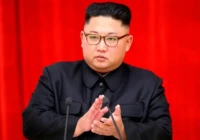
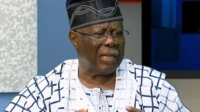
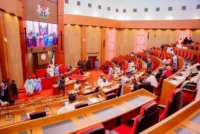

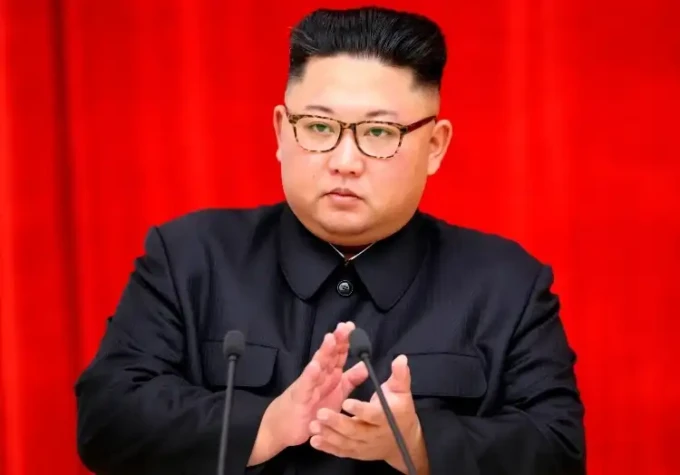
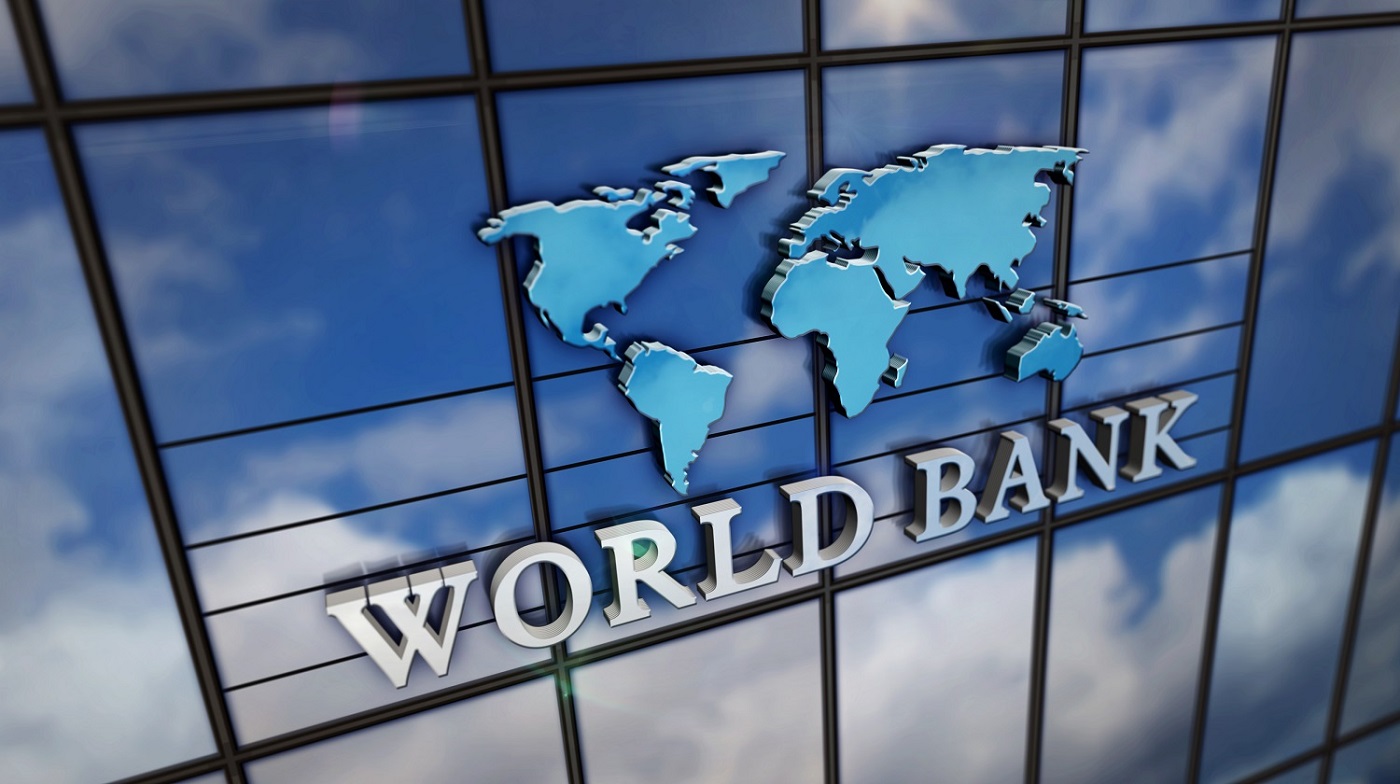


Wow, China criticizing manufacturers for price wars? But isnt competition good for consumers? What do you guys think?
I think China has a point about manufacturers engaging in price wars. It can lead to a race to the bottom and hurt quality.
Do you think Chinas criticism of manufacturers will actually help combat deflation concerns? Or is it just a band-aid solution?
Wow, China calling out manufacturers over price wars? Do you think this will actually help combat deflation concerns or just stir up more issues?